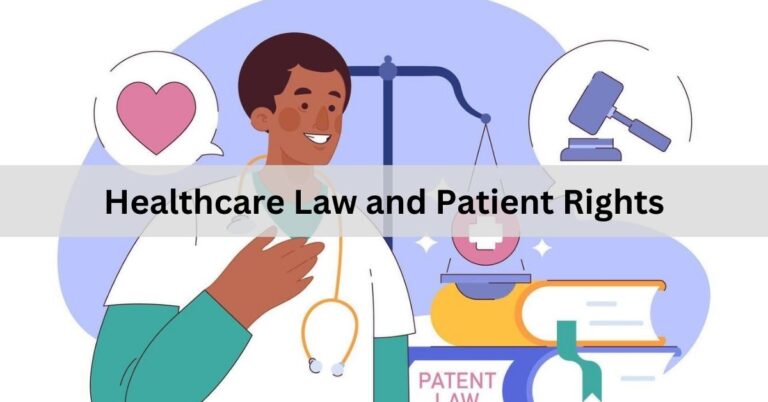Preventative healthcare plays a crucial role in maintaining overall well-being and preventing serious health conditions before they develop or worsen. This article explores the importance of regular screenings and check-ups, their benefits, recommended screenings by age group, and practical tips for incorporating preventative healthcare into your routine.
Understanding Preventative Healthcare
Preventative healthcare focuses on early detection, prevention, and management of health conditions through regular screenings, vaccinations, lifestyle modifications, and education. By identifying potential health issues early, healthcare providers can intervene promptly, improving outcomes and reducing healthcare costs associated with treating advanced diseases.
Benefits of Regular Screenings and Check-ups
- Early Detection of Health Issues: Regular screenings, such as blood tests, mammograms, Pap smears, and colonoscopies, can detect diseases like cancer, diabetes, and cardiovascular conditions in their early stages when treatment is most effective.
- Preventative Measures: Health check-ups provide opportunities for vaccinations, screenings for risk factors like high blood pressure and cholesterol levels, and lifestyle counseling to prevent chronic diseases and promote healthier habits.
- Improved Health Outcomes: Timely interventions through preventative healthcare can prevent complications, reduce hospitalizations, and improve quality of life by managing chronic conditions and addressing health risks early.
- Peace of Mind: Regular health check-ups offer peace of mind by confirming good health or identifying issues that may require attention, empowering individuals to take proactive steps towards their well-being.
- Long-term Cost Savings: Investing in preventative healthcare can lead to long-term cost savings by reducing the need for expensive treatments, hospitalizations, and emergency care associated with advanced disease stages.
Recommended Screenings by Age Group
- Young Adults (18-39 years):
- Blood pressure screening every 2 years.
- Cholesterol screening every 4-6 years.
- Immunizations (e.g., flu vaccine, HPV vaccine).
- Middle-Aged Adults (40-64 years):
- Blood pressure screening annually.
- Blood glucose screening for diabetes every 3 years.
- Mammogram (women) every 1-2 years.
- Colonoscopy or fecal occult blood test for colorectal cancer screening.
- Older Adults (65+ years):
- Annual physical exams.
- Bone density screening for osteoporosis.
- Eye exams for vision changes and glaucoma.
- Regular screenings for cognitive function and memory.
Practical Tips for Incorporating Preventative Healthcare
- Schedule Regular Check-ups: Establish a relationship with a primary care provider and schedule routine check-ups based on age, family history, and health risks.
- Know Your Family History: Understanding family health history can help identify genetic predispositions and guide personalized preventative measures and screenings.
- Maintain a Healthy Lifestyle: Adopt a balanced diet, engage in regular physical activity, avoid tobacco use, manage stress, and prioritize adequate sleep to promote overall health and well-being.
- Stay Informed: Educate yourself about preventative healthcare guidelines, recommended screenings, and vaccinations relevant to your age group and health status.
- Follow Through with Recommendations: Act on healthcare provider recommendations for screenings, vaccinations, and lifestyle modifications to optimize your health outcomes and prevent future health issues.
Conclusion
Prioritizing preventative healthcare through regular screenings and check-ups is essential for maintaining optimal health, preventing diseases, and improving quality of life at every stage of life. By taking proactive steps to monitor health, identify risk factors early, and adopt healthy lifestyle habits, individuals can empower themselves to lead longer, healthier, and more fulfilling lives. Embrace preventative healthcare as a cornerstone of your wellness strategy, and partner with healthcare providers to achieve and maintain your health goals effectively.

























+ There are no comments
Add yours